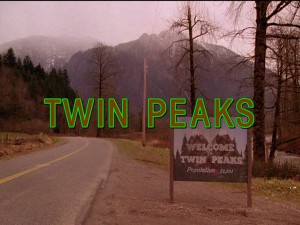Elementary – “M.”
“I am not an average man.”
 Based on last week’s preview, I expected “M.” to deal directly with the infamous Moriarty. And, based on the preview, I expected the character to be played by Vinnie Jones.
Based on last week’s preview, I expected “M.” to deal directly with the infamous Moriarty. And, based on the preview, I expected the character to be played by Vinnie Jones.
Wrong again.
Well, technically I wasn’t wrong, per se, more like 50/50. I just didn’t see all the steps that led to my conclusion finally being correct. I pulled a Sherlock and deduced based off what I knew instead of all the evidence there was and came to an erroneous, but not useless, conclusion.
I had assumed – as I’m sure others did – that the M of the episode title was Moriarty. Instead, M was a stepping stone to Moriarty.
- January 11, 2013
- Kelly
- Episode Review, Review
- Elementary


 It’s a terrible cliche, but it only became a cliche because it’s true. We do so very much because of love. Even the things we do out of hate are because of love, for hate cannot exist where love has not yet been.
It’s a terrible cliche, but it only became a cliche because it’s true. We do so very much because of love. Even the things we do out of hate are because of love, for hate cannot exist where love has not yet been.